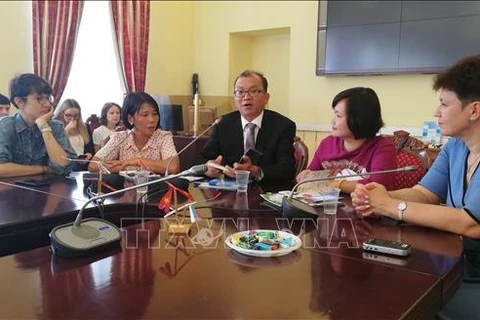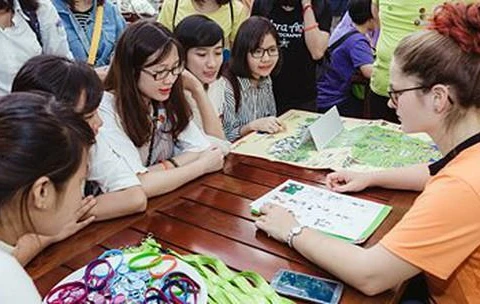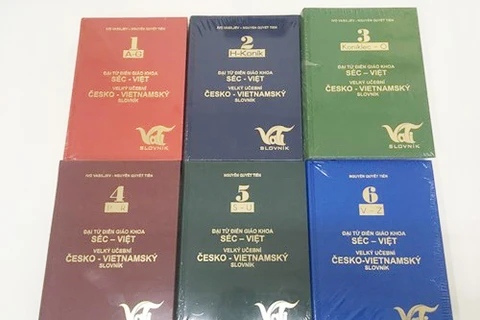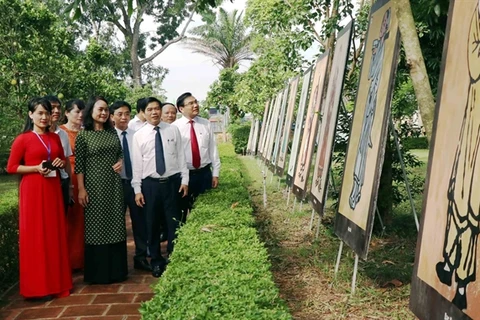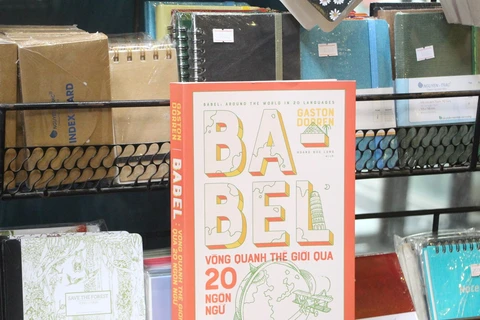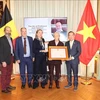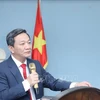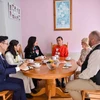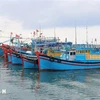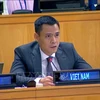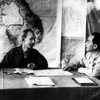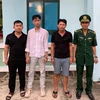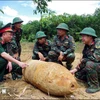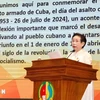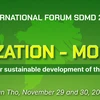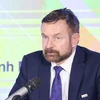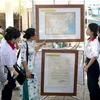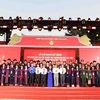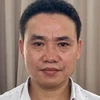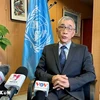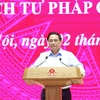 An expert round table on “Topical Issues of Preserving Linguistic Diversity” is held by the International Union of Non-Governmental Organisations “The Eurasian People’s Assembly” to mark International Mother Language Day. (Photo: VNA)
An expert round table on “Topical Issues of Preserving Linguistic Diversity” is held by the International Union of Non-Governmental Organisations “The Eurasian People’s Assembly” to mark International Mother Language Day. (Photo: VNA)The virtual event was organised on February 19 by the International Union of Non-Governmental Organisations “The Eurasian People’s Assembly” under the auspices of the Commission of the Russian Federation for UNESCO.
It gathered member states of the Commonwealth of Independent States (SNG) and countries from other parts of the world.
The aim of the round table was to find ways to expand the linguistic and intercultural communications of peoples, to promote multilingualism in the interests of Eurasian integration.
Its discussion focused on a number of issues, for example, the role of the native language as a carrier of culture, traditions and history of each nation; increasing interest in languages and stimulating the study of native languages; the role of education in the preservation and development of the languages of the people of Eurasia; creation of an accessible communicative language environment in the context of Eurasian integration; and the role of public associations in the preservation and development of the languages of the people of Eurasia.
At the event, To Thi Tuyet Khanh, a representative of the Banking Academy of Vietnam in Russia and advisor to the union’s first vice secretary-general, delivered a report focusing on education of Vietnamese and Russian languages in both countries.
Vietnam and Russia have boasted a long-standing cooperation in education and training, particularly in linguistics, which has produced good results, she said.
Hundreds of thousands of Vietnamese students have pursued education in Russia and with their acquired knowledge, they have made contributions to the national construction and development in Vietnam and strengthening the bilateral relations, Khanh noted.
She voiced her hope that the Vietnamese will be taught in Russia’s schools and universities as a foreign language, especially for Vietnamese children born in Russia./.
VNA
